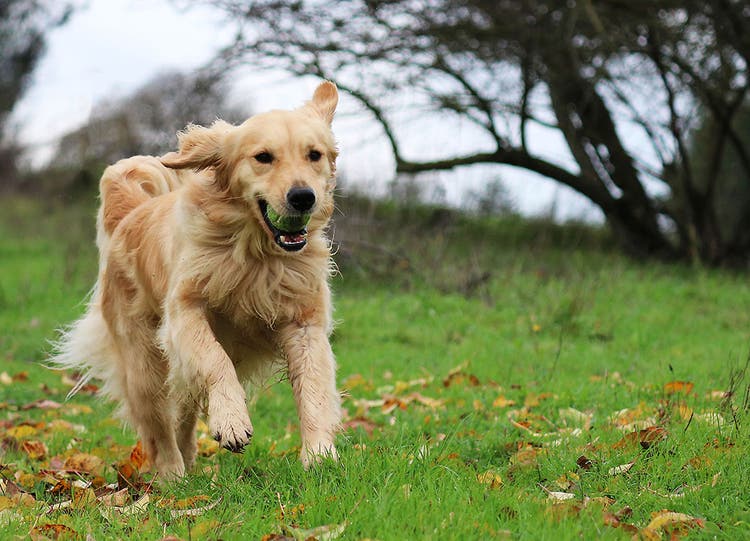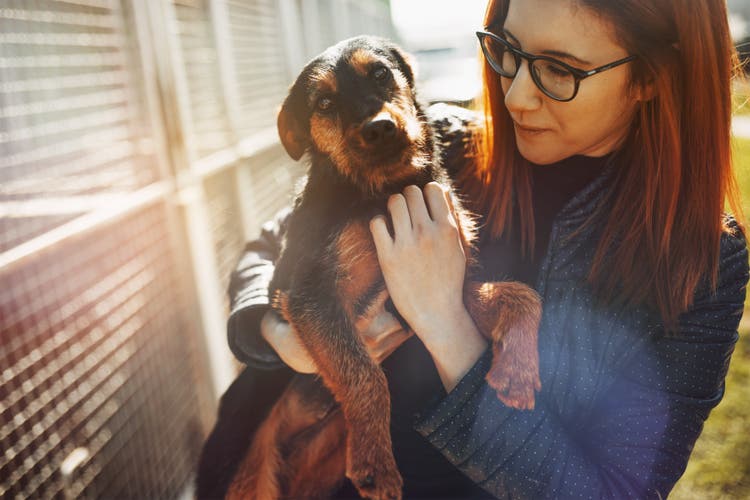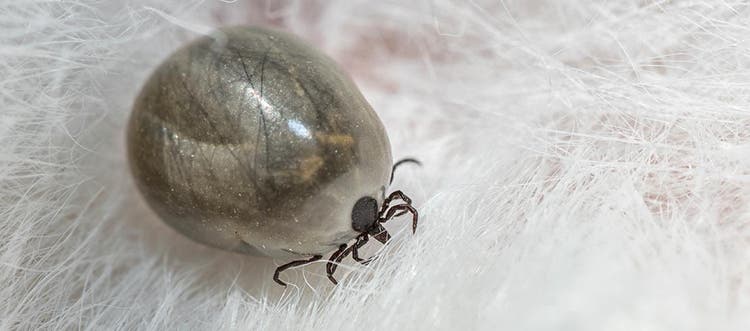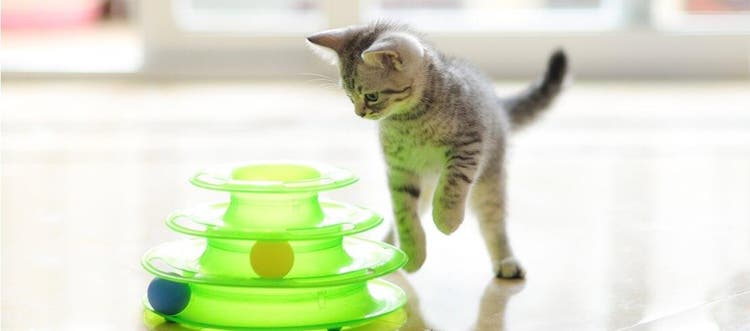Nearly all dogs will become infected with roundworms at some stage in their lives. Since this parasite can also affect you and your family, it’s important to know what to look for.
Roundworms are common parasitic worms infesting dogs, and your four-legged family members can pick them up remarkably easily. But unfortunately, you may not be able to tell whether your dog has them! The symptoms of roundworms are more apparent in puppies, but adult dogs may not show any signs at all.
How do dogs become infected?
While any dog of any age can get roundworms, this parasite is most common and most serious in puppies. They can be born with the infection (passed through their mother’s placenta) or receive it from their mother’s milk.
Adult dogs are easily infected, too. They can accidentally swallow roundworm eggs when they sniff around outside or if they eat an infected animal such as a rodent or bird.
Signs of roundworm in dogs
Diarrhea and vomiting
Adult dogs often won’t show signs of a roundworm infection, but diarrhea and vomiting can occur in some cases. Puppies are much more at risk, and diarrhea is a common sign. Additionally, puppies may sometimes vomit up whole worms or pass them in their stool. It’s worth remembering that vomiting and diarrhea are also symptoms of many other common health issues. If your dog or puppy shows any of these signs, it’s best to have them checked out by your veterinarian.
Signs of roundworm in puppies
Poor growth and poor condition
Puppies with roundworms often show signs of poor growth and may:
- Be small for their age
- Have a pot belly
- Have a dull coat in poor condition
Coughing
In very young puppies, the larval stage of the roundworm parasite migrates through various body tissues such as the liver or the lungs, which can lead to pneumonia and a cough. As with any of the above symptoms, it’s important to consult your veterinarian if you spot any of these warning signs in your pup, as it can indicate other health issues as well.
Roundworm treatment
Deworming treatments are available that can kill this common parasite. Puppies should be given roundworm treatment from 2 weeks of age. Make sure the product you are using is suitable for very young puppies. Treatment needs to be repeated at regular intervals while they are feeding on their mother’s milk, and as they grow. Be sure to discuss deworming with your veterinarian at your puppy visits.
Deworming adult dogs is essential to help reduce the risk of roundworm. It’s recommended that adult dogs be dewormed regularly based on your pet’s lifestyle and risks.
Regular deworming not only kills worms in your pets, it also helps reduce health risks to humans. Good hygiene is also important. Wash your hands after playing with your dog and before mealtimes, and clean your dog’s bedding, blankets and food bowls regularly.









